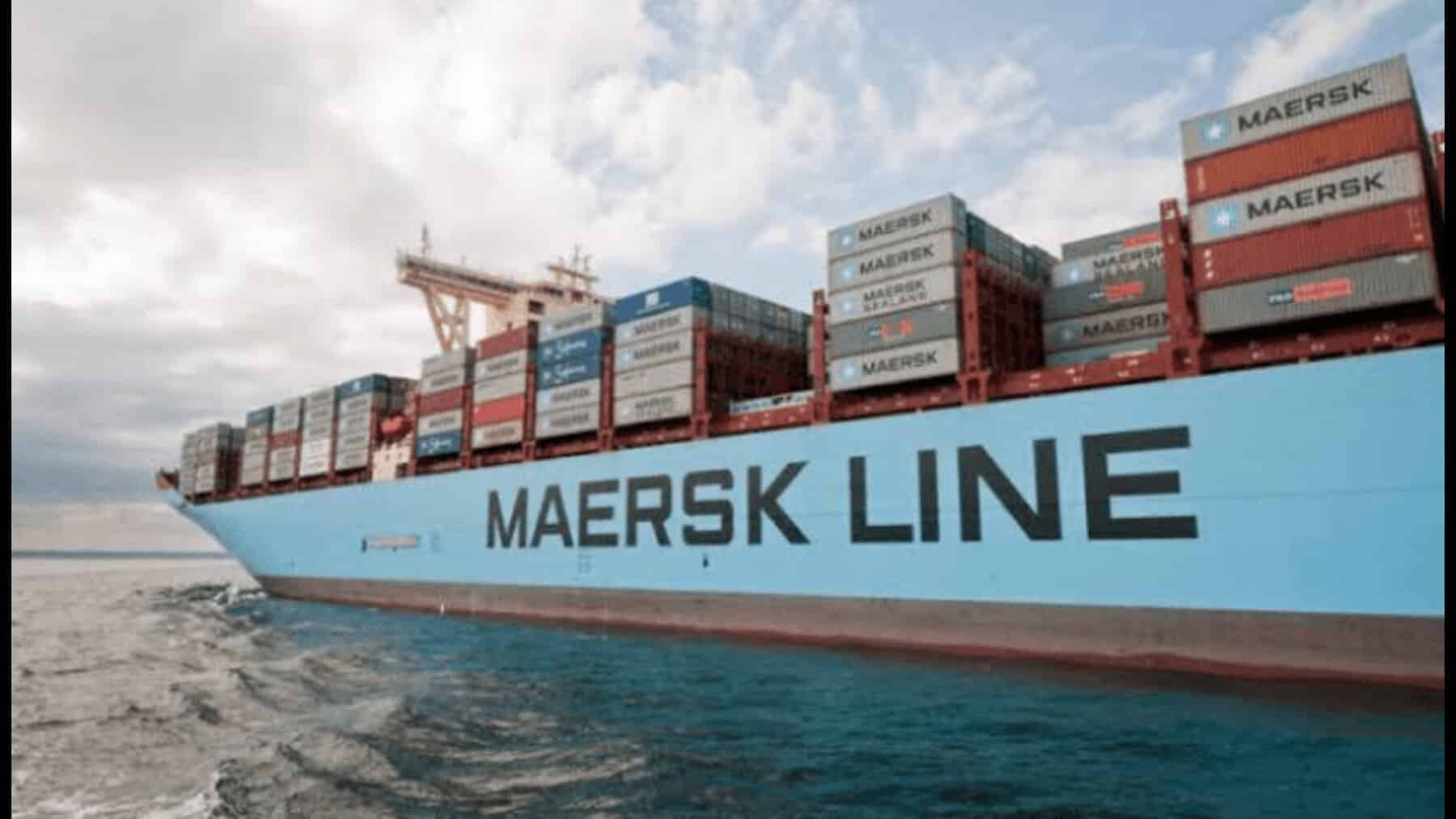Maersk, the global shipping giant, reported that explosions in proximity compelled two vessels operated by its U.S. subsidiary, transporting U.S. military supplies, to change course as they traversed the Bab al-Mandab Strait northbound under the escort of the U.S. Navy.
In a statement, Maersk conveyed that both ships observed explosions in close proximity during their journey, and the U.S. Navy escort intercepted multiple projectiles. As a precautionary measure, Maersk announced the suspension of Red Sea transits by vessels operated by its U.S. subsidiary.
The incident underscores the challenges and risks associated with navigating strategic waterways, especially those with a history of geopolitical tensions. The Bab al-Mandab Strait, a crucial maritime passage connecting the Red Sea to the Gulf of Aden, has witnessed heightened security concerns due to its significance for global trade and military movements.
While the nature and origin of the explosions remain unclear, the involvement of U.S. military supply vessels adds a layer of complexity to the incident. The decision to suspend transits in the Red Sea by Maersk's U.S. subsidiary vessels reflects the seriousness of the situation and prioritizes the safety of both crew members and cargo.
The incident is likely to prompt further scrutiny of security arrangements in vital maritime corridors and raises questions about the broader implications for commercial shipping operations in the region. As maritime incidents continue to shape geopolitical narratives, stakeholders will be closely monitoring developments to assess the impact on regional stability and global trade routes.




















